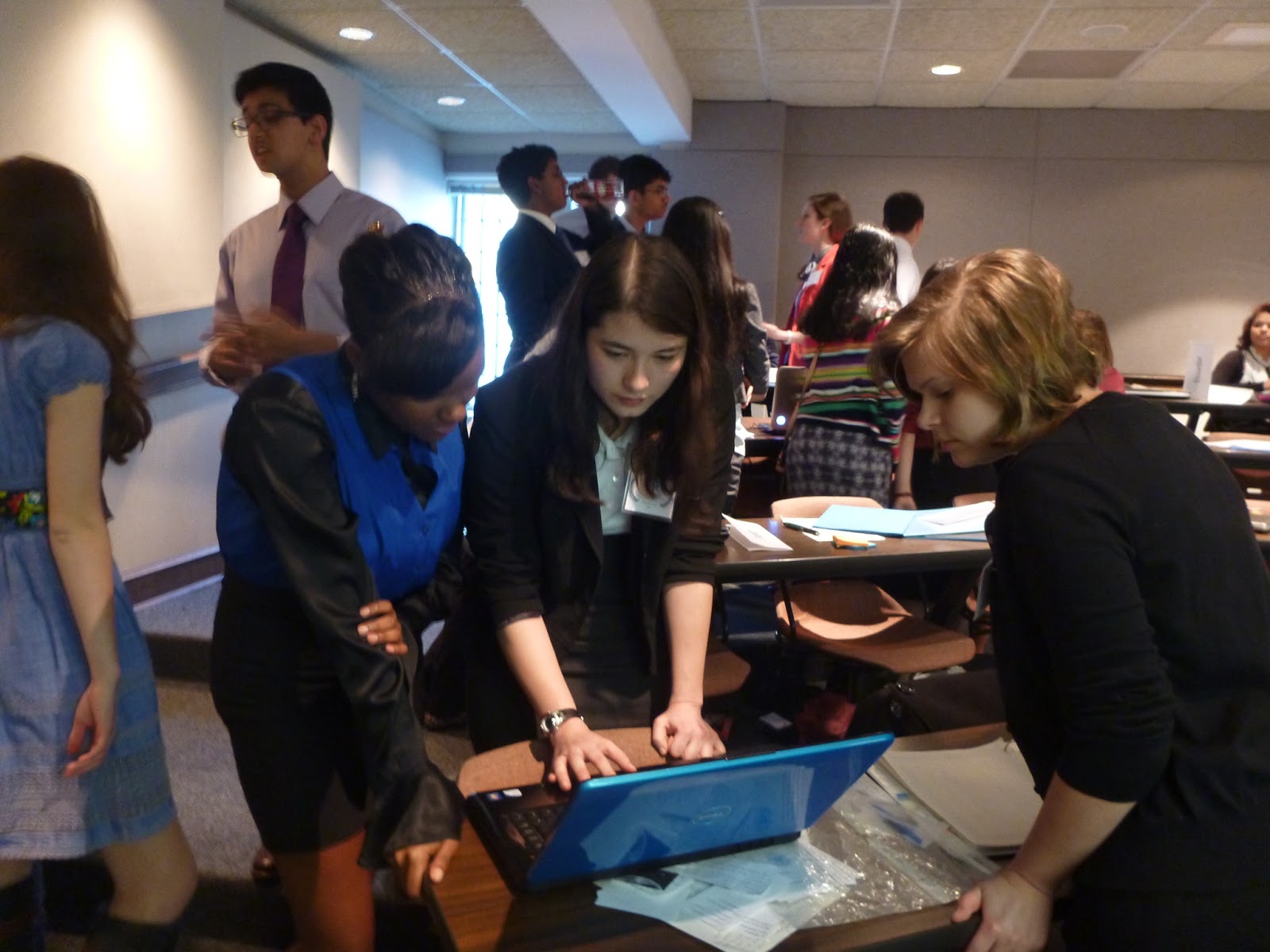The
Economic and Social Council has passed a resolution concerning its second
topic, political equality and representation for women. Resolution 2.1 is a
“comprehensive” plan sponsored by India, Belarus, Qatar, Iraq, Japan, the U.S.,
and the U.K. intended to increase women’s political participation.
In
its Millennium Development Goals, the U.N. included a focus on achieving gender
equality and empowerment for women. To accomplish this purpose, the Commission
on the Status of Women was created under the jurisdiction of ECOSOC. Delegates were
therefore asked to promote the goals of the Commission; specifically,
preventing acts of violence against women and dealing with its aftermath through
medical attention or counseling.
“We’re
trying to take a very all-encompassing approach to better represent women in
local, regional, an national legislatures,” said Indian delegate Caroline
Osborn. “We want to empower [women] to take more opportunities to be involved
in politics an address issues in education, economics, violence and other laws
that affect them.”
 |
| Delegates from Mexico, Brazil, and Germany discuss a friendly amendment to Resolution 2.1. |
The
resolution, which passed by a vote of 27-2-2, advocated more involvement of
women in politics through efforts such as granting women the right to vote and
educating women to give them the opportunity to run for public office. “[We]
believe that to involve more women in politics, women must have equal rights,”
said Turkish delegate C. J. Cole.
The
resolution further encouraged governments to pass laws that “reserve a
substantial percentage of seats in local, regional, and national legislature
for women.” The delegate from India proposed a model that worked in her nation.
“Our Parliament recently passed a law that allows local governments to reserve
30 percent of its seas for women and that has recently been raised to 50 percent,”
said Caroline Osborn.
Resolution
2.1 also suggested the economic empowerment of women through “gender budgeting”
in the allocation of funds by individual nations. The council considered
expanding forms of micro-financing, which would initiate business ventures
taken by women, and increasing the number of women in the workforce
internationally.
Education
was another key point. Resolution 2.1 proposed public awareness campaigns to
promote female education and recommended that women be given increased access
to early childhood, primary, and secondary education. “I would like to
emphasize that that a good foundation for women in politics is education,”
stated the delegate from Nicaragua, Paulo Claudio.
Another
aspect of the resolution dealt with reducing violence and harassment toward
women through measures such as accommodation for female members of national law
enforcement bodies, the worldwide criminalization of rape and domestic
violence, and the creation of help centers that “encourage women to speak up
against violence.” But, adds Farhan Rawsar, the delegate from Belarus: “[This
resolution] will only be as successful as national governments want it to be
successful.”
No comments:
Post a Comment